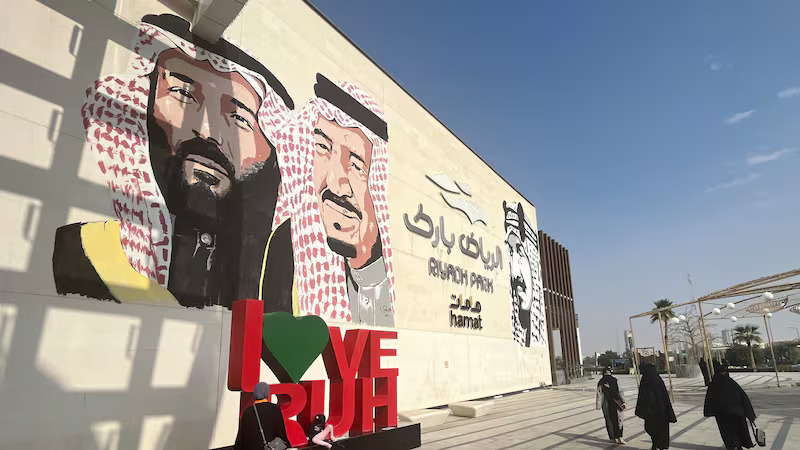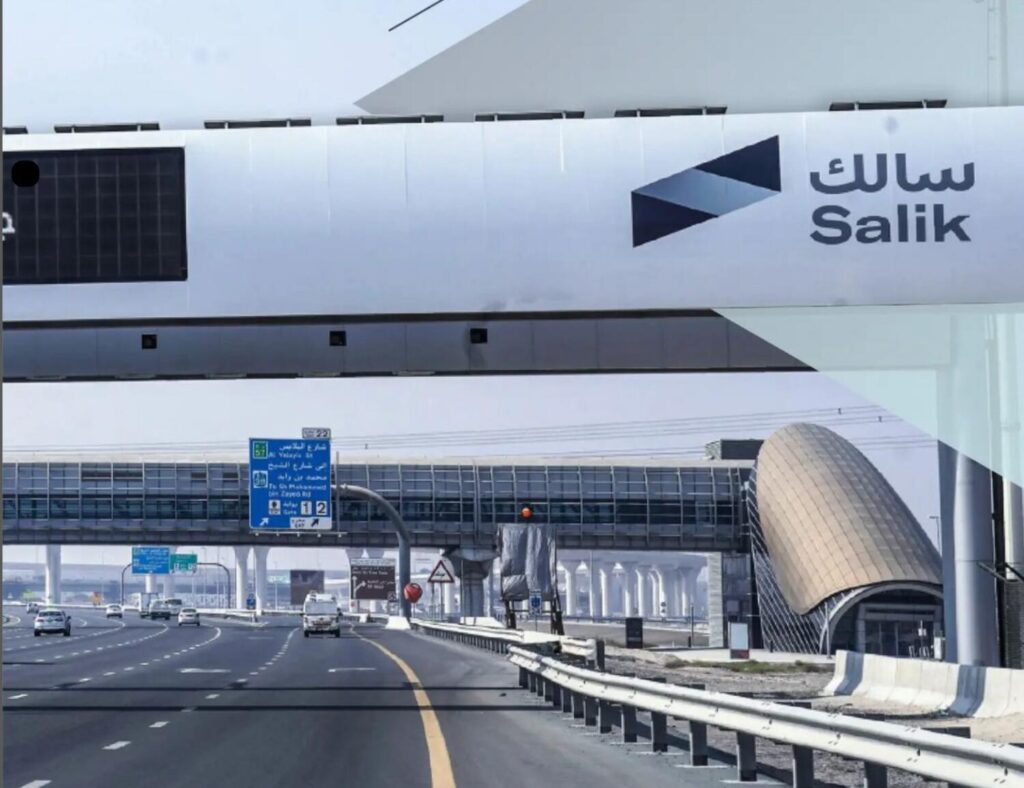Over the past two years, Saudi Arabia has introduced a series of new regulations designed to attract foreign investment and assure investors that the country is open for business and committed to economic growth.
Among these new regulations are the companies law, civil transactions law, amendments to the labor law, and an updated investment law, which was recently approved by the Council of Ministers. These changes are aimed at lowering barriers to entry for both foreign and local companies.
“A key aspect of Vision 2030 is to boost inbound investment into Saudi Arabia to fund the kingdom’s giga and mega projects and support its economic transition away from oil and gas,” said Alan Wood, corporate partner at Clyde & Co.
“With this in mind, many of the new laws and regulations introduced over the past year have focused on providing foreign investors with greater clarity around key legislative provisions and adopting terminology that is more familiar to them.”
Two significant developments in the past week include an update to the investment law, which places Saudi and non-Saudi investors on equal footing, and amendments to the labor law, which are expected to benefit both employees and employers and strengthen their relationship.
One of the key changes in the investment law is the replacement of the foreign investment license system with an investment register managed by the Ministry of Investment.
Other reforms under the new law include enhanced protection of investor rights, including safeguards against expropriation, protection of intellectual property, and streamlined dispute resolution processes for both local and foreign investors.
“The investment law is crucial for encouraging foreign direct investment into Saudi Arabia, as it simplifies the complex licensing process into a straightforward registration,” said James Swanston, senior economist for MENA at Capital Economics.
Saudi Arabia launched its Vision 2030 initiative in 2016 to diversify its economy away from oil, promote private sector growth, increase female workforce participation, and reduce unemployment among its citizens.
As part of this strategy, the kingdom is developing large-scale projects, including the futuristic mega-city Neom, with an investment value of $500 billion.
Additionally, Saudi Arabia aims to attract $100 billion annually in foreign direct investment (FDI) by 2030 to boost its non-oil GDP and has set a target of increasing FDI to 5.7 percent of GDP by the end of the decade.
### Labor Law Reforms
Saudi Arabia has also introduced amendments to its labor law to align it with international standards and make the country more appealing to global talent.
Key changes to the labor law include revisions to probationary periods, overtime work, leave entitlements, and dispute resolution procedures.
For instance, maternity leave entitlement has been increased from 10 to 12 weeks on full pay, with additional provisions for three days of paternity leave and bereavement leave in the event of a sibling’s death.
The new labor law also extends the probation period from the previous 90 days, with an option for another 90-day extension if agreed upon, to a straight 180 days. This change is expected to reduce the administrative burden on employers and provide greater certainty to both parties.
Moreover, the revised labor law has enhanced dispute resolution procedures, offering clearer guidelines on how to address grievances and reach amicable solutions between employees and employers, which were lacking in the previous law.
Source : thenationalnews




